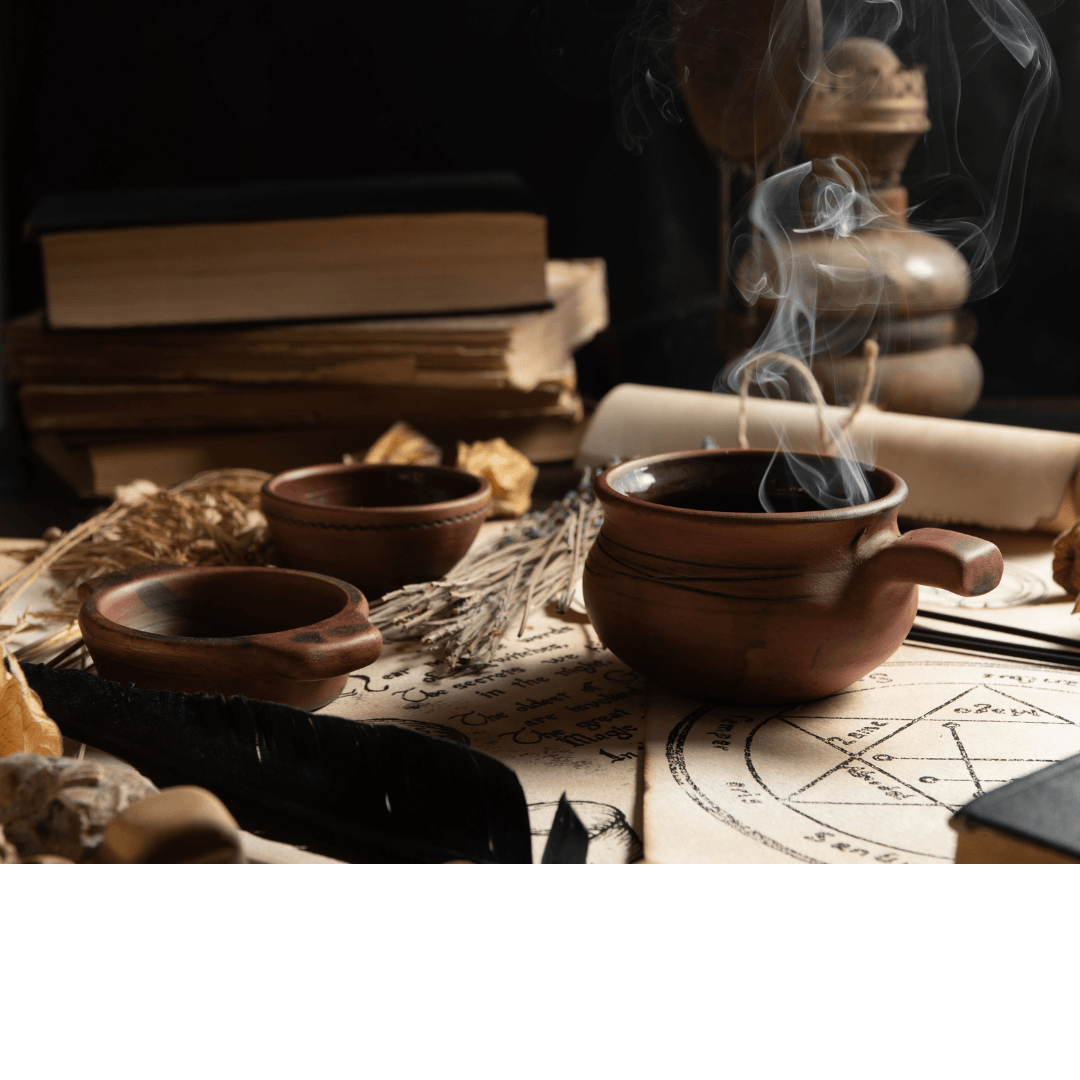The concept of spells and spellcasting predates recorded history, making it difficult to pinpoint the exact origin of the first known spell. However, one of the earliest recorded instances of spell-like practices can be found in ancient Mesopotamia, specifically in the Sumerian civilization.
The Sumerians, who lived around 4,000 to 2,000 BCE, left behind clay tablets containing incantations and rituals that were believed to have magical properties. These incantations were often recited by priests or individuals with knowledge of the supernatural, and they were used for various purposes such as healing, protection, and divination.
One notable example is the "Burning Mouth" ritual, which was used to cure ailments related to the mouth and throat. The incantation involved invoking specific deities and reciting a series of words and phrases to drive away the illness or evil spirits causing the affliction.
While these ancient Sumerian incantations may not fit the modern definition of a spell, they represent some of the earliest known attempts to use words and rituals to influence the world around them. It is important to note that the concept of spells and spellcasting likely predates the Sumerians, but their recorded practices provide valuable insights into the early history of spell-like rituals.
Ancient civilizations such as the Egyptians, Greeks, and Romans had their own systems of magic and spellcasting. In these cultures, spells were often performed by priests, priestesses, or individuals with specialized knowledge and training. These spells were often written down in ancient texts and involved the recitation of specific words or phrases, along with the use of ritual objects or ingredients.
In medieval Europe, spellcasting was often associated with witchcraft and was viewed as a form of sorcery. The practice of witchcraft was heavily persecuted during this time, leading to the infamous witch trials and the widespread belief in the existence of witches and their ability to cast harmful spells.


